When Dr Mhairi Thurston from Dundee lost her sight aged 39, she admits she thought her life was over.
But it’s been quite the opposite.
Her life since diagnosis has been remarkable.
And now she hopes her latest achievement will bring hope and support to others going though sight loss.
The Dundee mum-of-three was dealt the devastating blow she would lose her sight after tests at Ninewells, following a routine check-up at Specsavers.
She says it was an extremely difficult time for her.
“Back then there was nothing around for me that dealt with the mental health impact of sight loss.
“I felt very alone and isolated.
“It just wasn’t talked about and I felt like it was just me who was going through it.”
Fortunately, over time, Dr Thurston’s life began to transform.
When her first guide dog Wanda came into her life and was named the first Guide Dog of the Year, it marked a transition for her.
She went on to complete her Master’s degree in counselling, then a PhD, conducting research into the emotional impact of sight loss.
She’s now a senior lecturer at Abertay University.
Sight loss support
And now in her latest achievement, the Abertay academic has helped create a new mental health resource for people affected by sight loss.
She has worked with sight loss charity Retina UK, in partnership with Arthur Ellis, a mental health support charity, on the free online tool.
It has been designed to better support the mental wellbeing of blind and partially sighted people and their families.
Dr Thurston hopes it will also help people “normalise” conversations around their mental health.
Where to find help
The Discover Wellbeing online tool is available on the Retina UK website.
There are three courses to support people at different stages of their journey.
They are:
- Early stages – helping to understand feelings of apprehension and take positive practical steps to prepare for the future
- Living with change – which covers understanding feelings of loss, adapting to a reduction in sight and taking practical steps to live a positive life
- Supporting others – learning practical skills and accessing tools to use to look after yourself whilst learning how to support others. This is designed for family members and professionals.
Each course has five modules filled with a mixture of accessible content with video, audio and written elements.
The content and structure are based on the ‘Five stages of sight loss’.
This was developed by Dr Thurston following years of research into the impact of sight loss on mental health.
The model has also been used widely within the sight loss sector and has been presented at various international conferences and government select committees.
Dr Thurston says: “Thankfully, healthcare professionals are starting to take a more holistic approach to treating sight loss.
“There is now a lot of support out there aimed at promoting positive mental health in the sight loss community.
“These new courses are just one example of the support that is available.”
Great achievements
Despite everything she’s achieved, Dr Thurston still remains humble.
And, she admits, if someone had told her when she was diagnosed what she’d do: “I wouldn’t have believed it back then – not in a million years!
“I thought my life was over and that was it. Sometimes I take a minute and remember where am I now.
‘Passion for making a difference’
“It’s the passion for making a difference that drives me.
“I just wouldn’t want anyone else to go through what I did.
“I want to make a small difference in the world.
“It may be a stone in a large ocean, but it’s my stone to throw.”

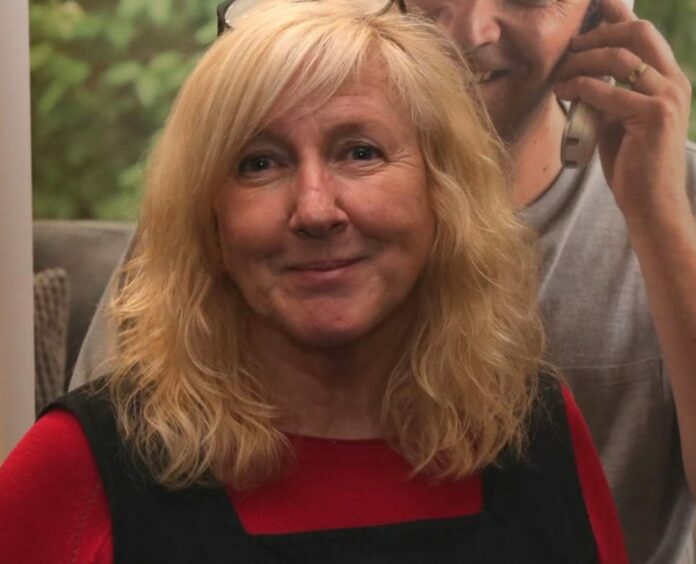
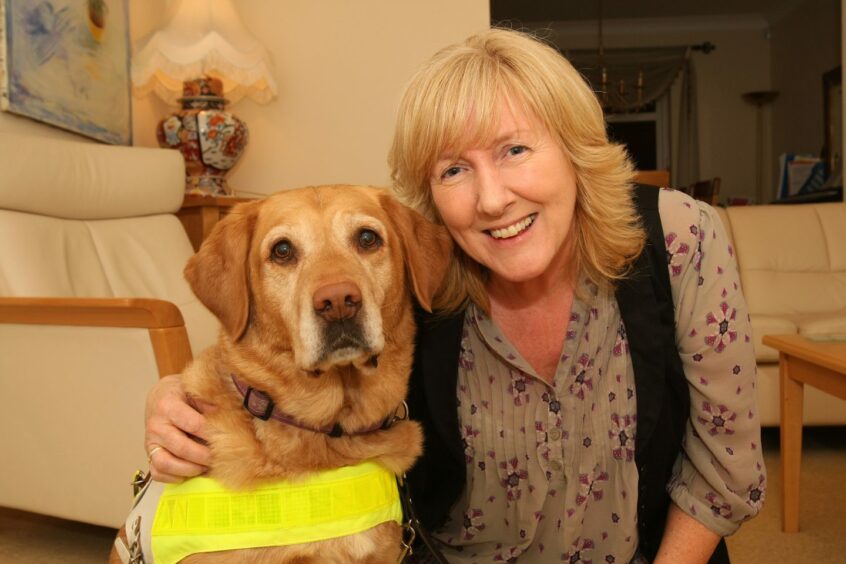
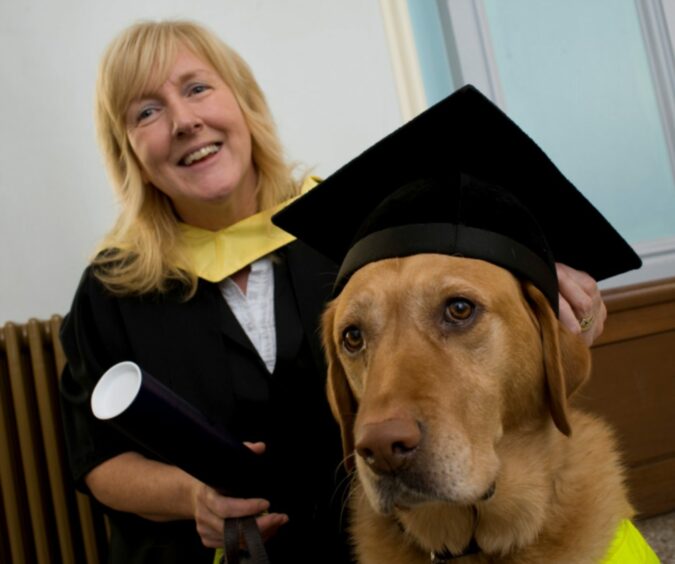
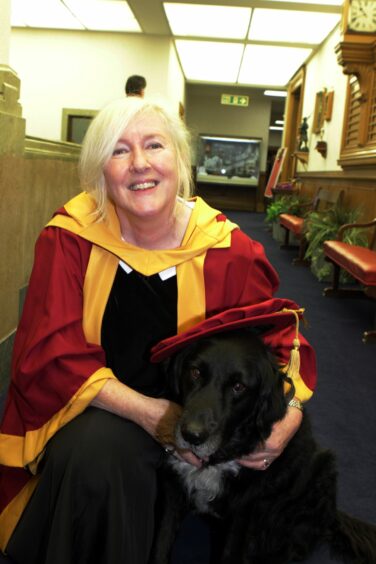
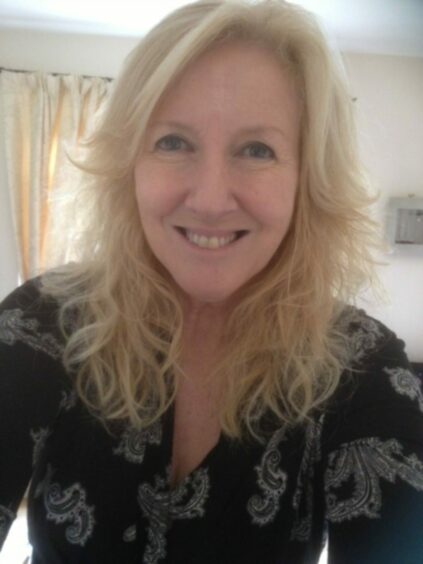








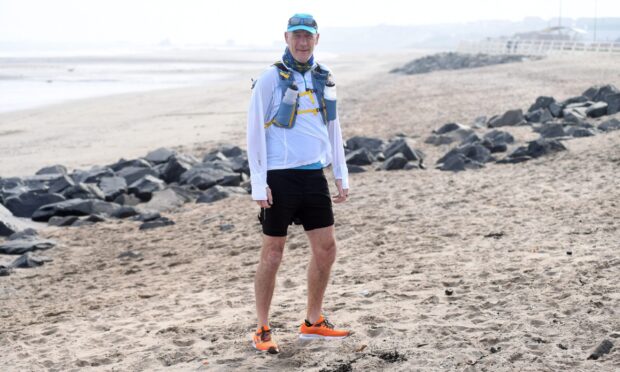
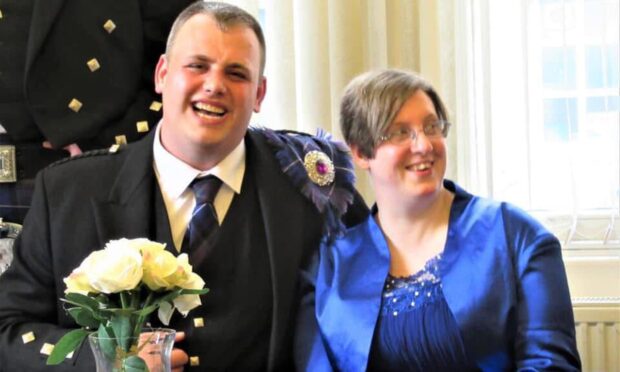
Conversation